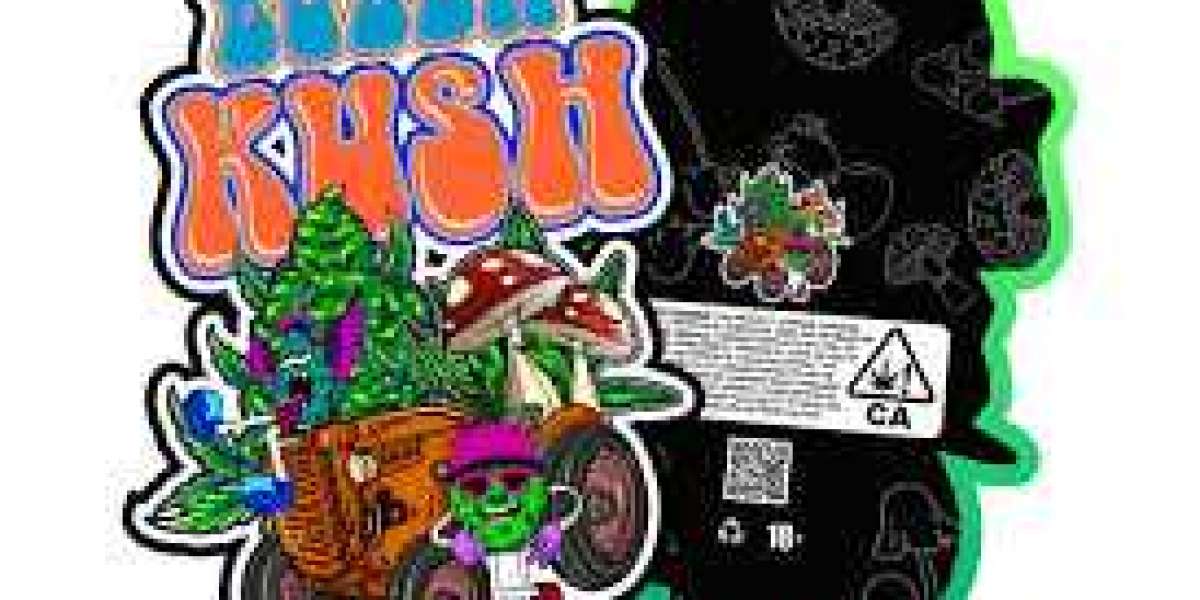The world of packaging is undergoing a significant shift. Consumers are increasingly environmentally conscious, demanding sustainable solutions from the brands they support. While custom die-cut mylar bags offer unparalleled protection and a unique canvas for branding, traditional mylar is derived from petroleum, raising concerns about its environmental footprint. This article delves into the exciting realm of eco-friendly alternatives for custom shape die cut mylar bags, empowering brands to embrace sustainability without compromising on functionality or aesthetics.
The Environmental Impact of Traditional Mylar:
Mylar, the workhorse material for custom die-cut bags, has undeniable benefits. However, its production and disposal raise environmental concerns:
- Fossil Fuel Dependence: Traditional mylar is derived from petroleum, a non-renewable resource. This reliance on fossil fuels contributes to greenhouse gas emissions and environmental pollution.
- Limited Biodegradability: Standard mylar is not readily biodegradable, leading to landfill waste accumulation and potential microplastic pollution. While some forms of "biodegradable" mylar exist, their breakdown times can be lengthy and require specific composting conditions.
Embracing Sustainability: Eco-Friendly Mylar Alternatives
Fortunately, innovative manufacturers are developing eco-friendly alternatives to traditional mylar. Here are some promising options:
- Bio-Based MYLAR: This exciting development utilizes renewable resources like plant starches or cellulose to create a bio-based version of mylar. This option offers comparable functionality to traditional mylar while reducing dependence on fossil fuels.
- Compostable Mylar: This innovative material breaks down into organic matter within a specific timeframe under controlled composting conditions. While not suitable for all applications, compostable mylar offers a more sustainable end-of-life solution compared to traditional varieties.
- Recycled Content Mylar: Mylar made from recycled plastic bottles or other post-consumer waste offers a more sustainable option. This reduces reliance on virgin plastic production and encourages responsible waste management practices.
Beyond Materials: Sustainable Practices for Custom Die-Cut Mylar Bags
Beyond material selection, there are additional ways to enhance the eco-friendliness of custom die-cut mylar bags:
- Minimize Material Usage: Optimize the design of your bags to minimize material use without compromising functionality. Consider the ideal size and shape to contain your product efficiently.
- Water-Based Inks: Opt for printing inks formulated with water as the primary solvent instead of traditional petroleum-based inks. This reduces the environmental impact of the printing process.
- Responsible Sourcing: Choose suppliers committed to sustainable practices throughout their production chain. This includes responsible sourcing of raw materials and energy-efficient manufacturing processes.
- If you want to know more information about peanut butter breath strain packaging visit TopUSAPackaging
Challenges and Considerations
While eco-friendly mylar alternatives are promising, some challenges remain:
- Cost: Currently, eco-friendly mylar options might come at a slight price premium compared to traditional varieties. However, as demand grows and production scales up, the cost gap is expected to narrow.
- Availability: The availability of eco-friendly mylar options might be limited compared to traditional materials. Early adopters might need to work closely with suppliers to secure the desired material for their custom bags.
Conclusion: A Sustainable Future for Custom Die-Cut Mylar Bags
The demand for sustainable packaging solutions is rapidly growing. By embracing eco-friendly mylar alternatives and implementing responsible practices throughout the supply chain, brands can minimize their environmental footprint without sacrificing the unique benefits of custom die-cut mylar bags. While challenges exist, the ongoing development of innovative materials and responsible practices paves the way for a more sustainable future for this versatile packaging solution. Choose eco-friendly mylar bags and showcase your commitment to environmental responsibility while presenting your product in an eye-catching and protective way. This allows you to resonate with environmentally conscious consumers and create a positive brand image. Remember, sustainability is no longer a trend; it's a necessity for brands seeking long-term success in today's evolving marketplace.
FAQs on Custom Shape Die-Cut Mylar Bags
Q: Are custom mylar bags resealable?
A: Yes, many custom mylar bags can incorporate resealable features like zippers, heat seals, or tin ties. These enhance convenience and product freshness.
Q: What printing options are available for custom mylar bags?
A: Popular options include flexographic and digital printing. Flexographic printing is ideal for large orders and offers high-quality visuals, while digital printing is faster and suitable for smaller quantities.
Q: Can custom mylar bags include degassing valves?
A: Absolutely! These valves are ideal for products that release gases, like coffee beans. They allow gas to escape while preventing air or moisture ingress.
Q: What is the typical lead time for custom mylar bags?
A: Lead times can vary depending on design complexity and supplier workload. It's crucial to factor this in when planning your packaging needs.
Q: How much do custom mylar bags cost?
A: The cost depends on size, shape, material, printing options, and order quantity. Obtain quotes from several suppliers for a clear picture.
Search
Popular Posts
-
 Khám Phá 7 Chiến Lược Thần Tốc để Chiến Thắng Tại Casino Trực Tuyến
Khám Phá 7 Chiến Lược Thần Tốc để Chiến Thắng Tại Casino Trực Tuyến
-
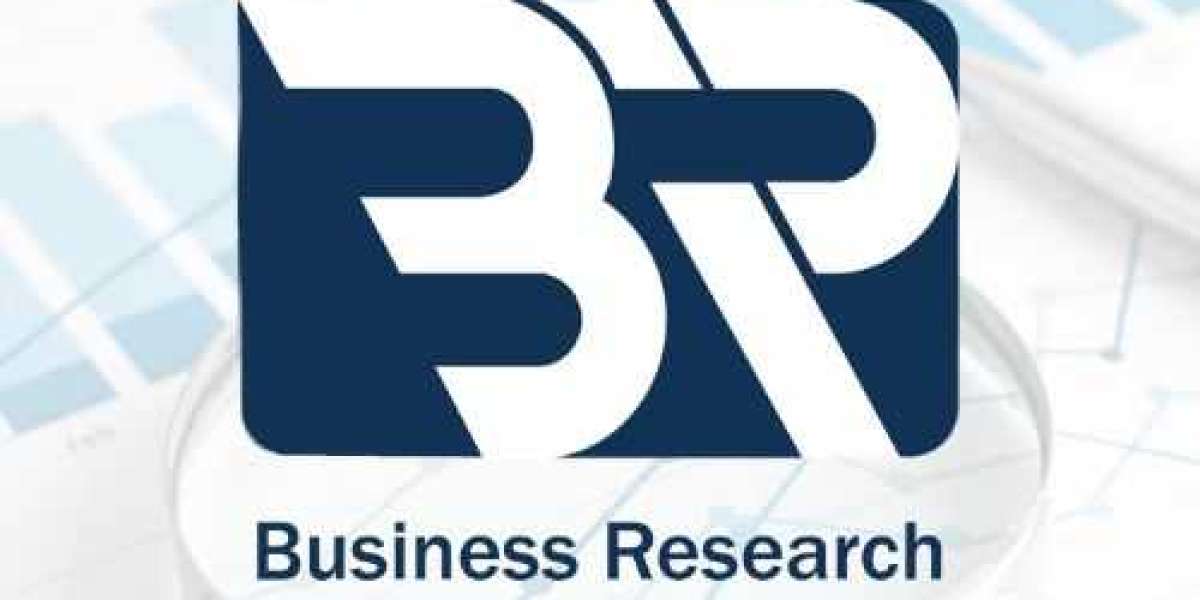 Dewatering Pump Market Size, Share, Growth and Industry Research Forecast [2032]
Dewatering Pump Market Size, Share, Growth and Industry Research Forecast [2032]
-
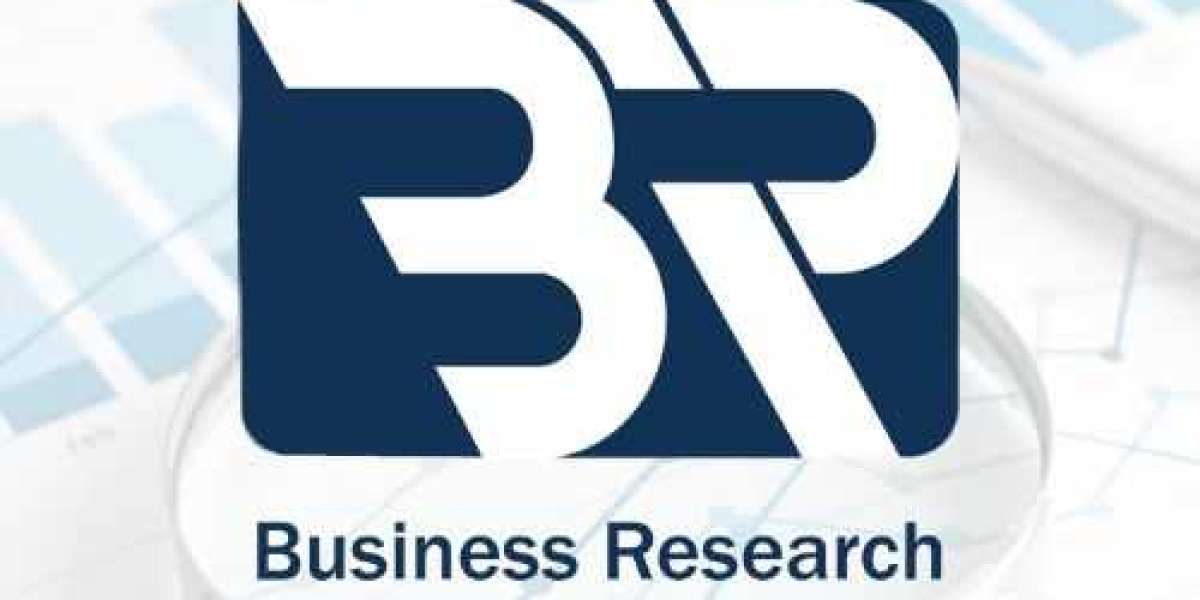 Die cutting contract manufacturing Market Size, Share, Trends and Industry Research [2032]
Die cutting contract manufacturing Market Size, Share, Trends and Industry Research [2032]
-
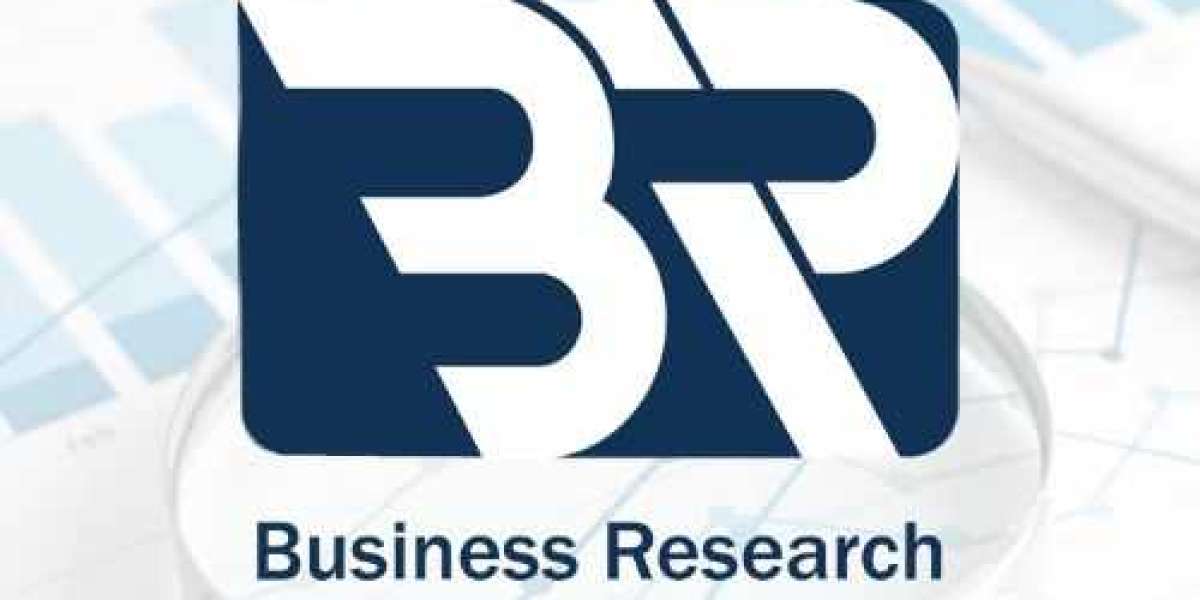 Digital channel grocery Market Size, Share, Trends Report [2032]
Digital channel grocery Market Size, Share, Trends Report [2032]
-
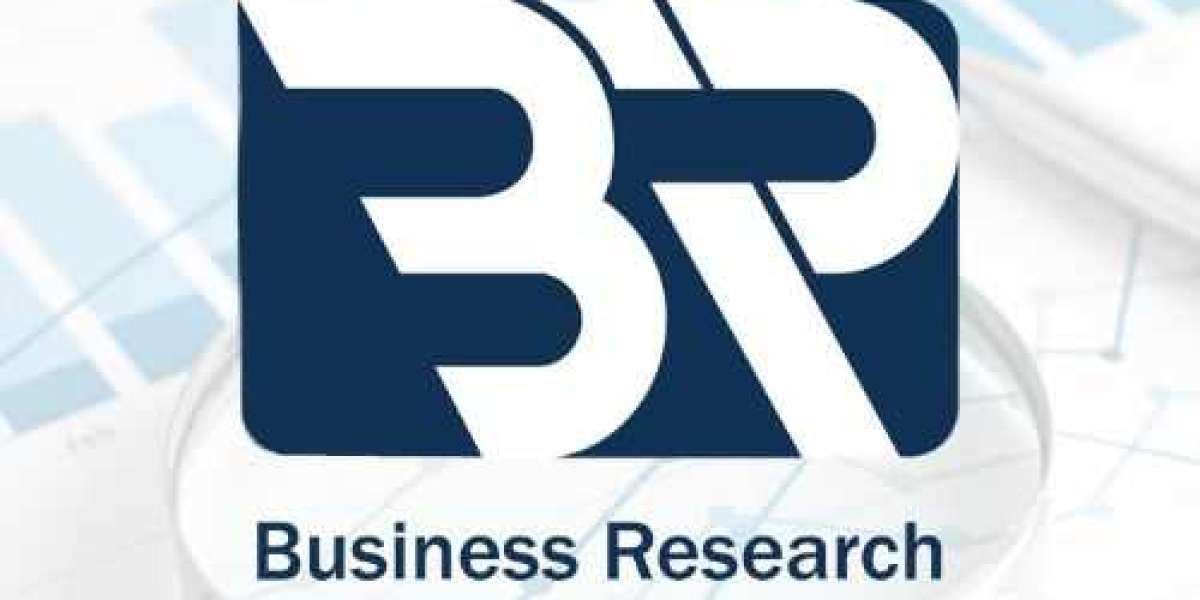 Digital Collectibles Market Size, Share, Growth Report [2032]
Digital Collectibles Market Size, Share, Growth Report [2032]
